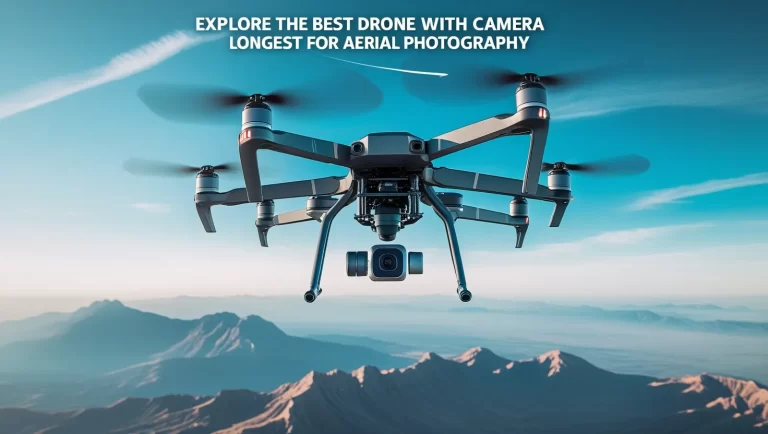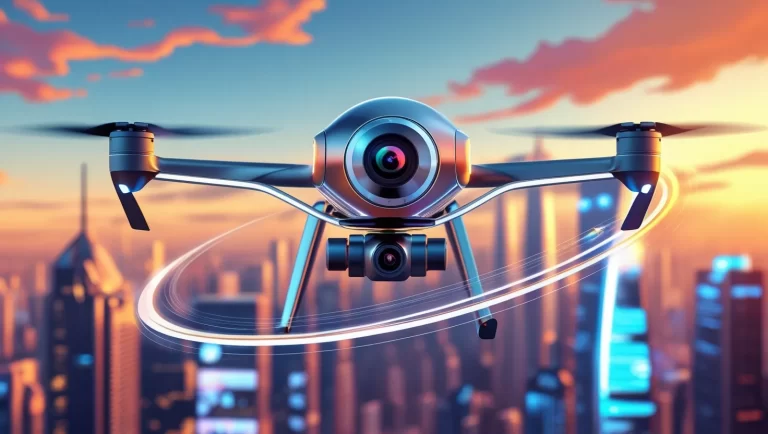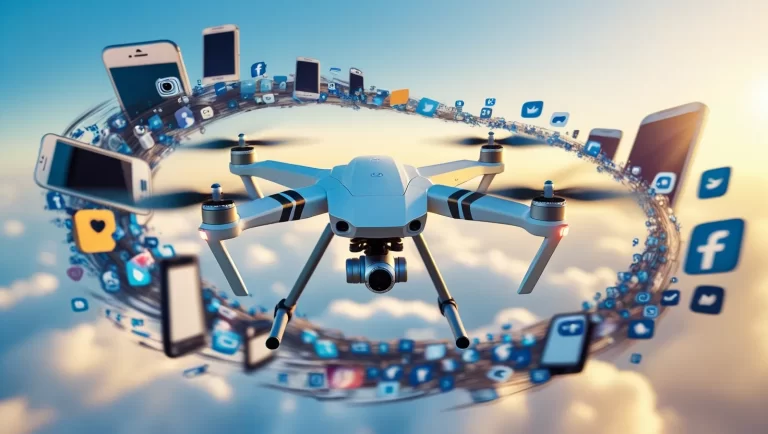
How Technology Brands Are Shaping the Future of Artificial Intelligence-Artificial Intelligence (AI) is no longer a distant concept; it’s rapidly becoming an integral part of our everyday lives. In 2024, leading technology brands are at the forefront of AI innovation, creating intelligent systems that are revolutionizing industries from healthcare and finance to entertainment and manufacturing. As AI continues to evolve, these brands are shaping its future with groundbreaking advancements that promise to redefine the way we live and work. Let’s explore how some of the biggest technology brands are driving AI’s growth and transforming our future.
Nvidia: Powering AI with Next-Gen GPUs
Nvidia has emerged as one of the most influential technology brands in the AI space, revolutionizing the way machines learn and process information. The company’s Graphics Processing Units (GPUs), such as the A100 and H100, have become the backbone of AI computing, particularly in deep learning, machine learning, and neural network training.
Nvidia’s GPUs are designed to handle the massive parallel processing required for AI workloads, enabling faster and more efficient training of models. In 2024, Nvidia continues to dominate with its Tensor Core architecture, which powers applications like autonomous driving, AI-driven healthcare diagnostics, and AI-enhanced gaming.
Moreover, Nvidia is advancing the AI field with its Omniverse platform, a virtual space that allows creators to collaborate in real-time using AI. The platform leverages Nvidia’s powerful GPUs to simulate real-world physics, making it invaluable for industries such as architecture, automotive design, and entertainment.
By providing the hardware infrastructure that powers AI, Nvidia is enabling technology brands to create more sophisticated AI systems and applications, shaping the future of industries across the board.
Google: Leading AI with Cloud Computing and TensorFlow
Google has been a pioneer in AI for years, and in 2024, it remains one of the most impactful technology brands shaping the future of artificial intelligence. The company’s Google Cloud platform is a major player in the AI space, providing businesses with the tools they need to integrate AI into their operations. Google Cloud offers powerful AI and machine learning tools such as Vertex AI, which allows companies to build, train, and deploy custom AI models with ease.
Google’s TensorFlow, an open-source AI framework, has become the standard for developers and researchers worldwide. TensorFlow powers everything from voice recognition in Google Assistant to advanced language models like BERT and PaLM, which have set new benchmarks in natural language processing (NLP).
In 2024, Google is pushing the envelope with Google DeepMind, a subsidiary focused on solving complex challenges using AI. DeepMind’s AlphaFold is revolutionizing the field of protein folding, making it possible to understand diseases at a molecular level and accelerating drug discovery.
By providing both the tools and the infrastructure for AI, Google is shaping the future of artificial intelligence across a variety of fields, from healthcare and environmental science to automation and language processing. (Read More: How Computer Technology is Transforming Education and Learning)
Microsoft: Integrating AI into Productivity and Cloud Solutions

Microsoft is one of the most prominent technology brands bringing AI into mainstream business and consumer applications. In 2024, the company continues to integrate AI into its software and cloud services, making powerful AI tools accessible to businesses of all sizes.
Through its Azure AI platform, Microsoft provides organizations with access to a wide range of AI services, including machine learning, vision recognition, and conversational AI. The Azure Cognitive Services suite enables businesses to integrate features like speech recognition, sentiment analysis, and anomaly detection into their applications without the need for deep technical expertise.
On the consumer side, Microsoft has also embedded AI into popular products like Microsoft Office and Windows. Copilot, an AI-powered assistant integrated into apps like Word, Excel, and PowerPoint, helps users streamline their workflows by automating tasks such as document summarization, data analysis, and content generation.
By embedding AI into everyday productivity tools and offering robust cloud solutions for businesses, Microsoft is playing a major role in democratizing AI and driving its integration into both enterprise and personal computing. (Read More: How the Technology Acceptance Model is Shaping Consumer Behavior in the Age of AI)
Amazon: AI-Driven Innovation in Retail and Cloud Computing
Amazon has been revolutionizing the retail experience with AI for years, and in 2024, it continues to lead the charge in transforming how we shop and interact with technology. At the heart of Amazon’s AI innovation is its powerful recommendation engine, which uses machine learning algorithms to predict what products customers are likely to purchase based on their browsing and purchasing history.
But Amazon’s influence on AI extends beyond retail. The company’s Amazon Web Services (AWS) cloud platform offers businesses access to powerful AI tools, including Amazon SageMaker, which helps developers build, train, and deploy machine learning models. AWS also powers AI applications in logistics, supply chain management, and data analysis, making it a critical infrastructure provider for businesses looking to adopt AI at scale.
Additionally, Amazon’s Alexa voice assistant is one of the most widely used AI-powered technologies in the home, providing hands-free control of smart devices, setting reminders, and even integrating with other AI-powered systems to deliver personalized experiences.
With its wide-ranging AI applications in retail, cloud computing, and smart home devices, Amazon is not just shaping the future of AI but actively making it part of everyday life. (Read More: Future Trends in Tech: A Deep Dive into 2024’s Most Influential Technology Articles)
Apple: AI Integration in Consumer Devices

Apple is another technology brand that continues to influence the AI landscape, especially in consumer electronics. Apple has seamlessly integrated AI into its products, from the iPhone to the Apple Watch, making intelligent features accessible to a wide audience. Apple’s A-series and M-series chips feature custom Neural Engines, which power on-device AI tasks such as image recognition, face ID, and personalized suggestions.
In 2024, Apple is pushing the boundaries of AI with Siri, its intelligent voice assistant, which continues to improve through machine learning and natural language processing. Apple also uses AI to optimize device performance and enhance battery life across its ecosystem of products, making every interaction smarter and more efficient.
Additionally, Apple’s focus on privacy in AI sets it apart. Unlike other tech giants, Apple emphasizes on-device processing for AI tasks, reducing the amount of personal data sent to the cloud. This commitment to privacy, combined with its cutting-edge AI capabilities, makes Apple a trusted player in the AI space.
Conclusion: The Future of AI in the Hands of Technology Brands
The future of artificial intelligence is undoubtedly being shaped by some of the most powerful technology brands in the world. From Nvidia’s GPUs that power AI applications to Google’s breakthroughs in machine learning and Microsoft’s integration of AI into productivity tools, these companies are transforming industries and driving the evolution of AI technologies.
Amazon and Apple are also leveraging AI in innovative ways, from retail and cloud computing to smart devices and privacy-focused AI solutions. Together, these technology brands are not just leading the way—they’re making AI accessible, practical, and transformative for businesses and consumers alike.
As AI continues to advance, these companies will play pivotal roles in defining the direction of artificial intelligence for years to come, creating smarter, more efficient, and more personalized experiences for everyone.





